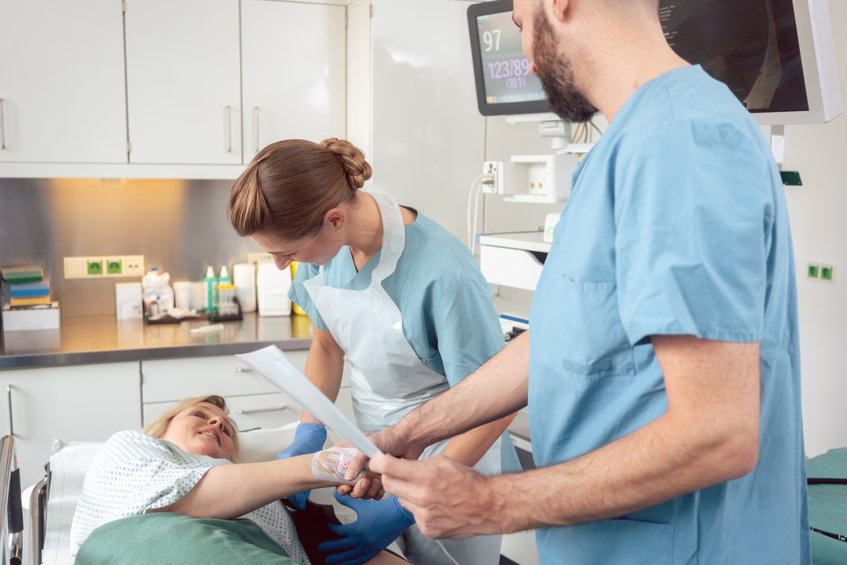A colonoscopy may seem like an unpleasant procedure, but it can actually save your life. That’s because a colonoscopy can detect early signs of colorectal cancer, which is a leading cause of cancer-related deaths in the United States. In this article, we will discuss the importance of colonoscopies and how they can help you stay healthy.
What is colorectal cancer?
Colorectal cancer is a type of cancer that affects the colon and rectum. The colon is the large intestine, while the rectum is the end of the colon. Together, they are responsible for removing waste from the body.
Cancer begins when healthy cells in the colon or rectum begin to change. These changes can cause the cells to grow out of control. When this happens, sometimes polyps develop. Polyps can eventually become cancerous. If not caught early, colorectal cancer can spread to other parts of the body.
How a colonoscopy works
A colonoscopy is a procedure where a doctor inserts a long, flexible tube into the rectum. This tube has a tiny camera on the end of it. The camera allows the doctor to see the inside of the colon and look for polyps or other abnormalities.
If any polyps are found, the doctor can remove them during the colonoscopy. This helps prevent colorectal cancer from developing.
Why colonoscopies are important
Colonoscopies can save lives by detecting colorectal cancer early, when it is most treatable. According to the American Cancer Society, colonoscopies can significantly reduce the chances of dying from the disease.
Video from Meryl Streep on the importance of getting a colonoscopy:
Colon cancer risk factors
Common colon cancer risk factors include a family history of colon cancer, a personal history of colorectal cancer or polyps, inflammatory bowel disease, and lifestyle choices like smoking and a diet high in red meat.
But some things can increase your risk even if you don’t have any of these factors. One thing that can raise your risk is getting older. The American Cancer Society says that colon cancer rates go up after age 50. And research shows that individuals from African-American, Hispanic/Latino, or American Indian/Alaska Native descent may be at a higher risk.
If you’re at an increased risk for colon cancer, you may need to start getting screened earlier and more often than other people. Talk to your healthcare provider to know more.
Symptoms of colon cancer
According to the CDC, “colorectal polyps (abnormal growths in the colon or rectum that can turn into cancer if not removed) and colorectal cancer don’t always cause symptoms, especially at first. Someone could have polyps or colorectal cancer and not know it.”
This is why they recommend screening at age 45. If, however, you experience any of the sign or symptoms below, make an appointment with your healthcare provider here at Horizon Family Medical Group as soon as possible.
Watch for the following:
- Changes in your bowel habits, such as diarrhea or constipation
- Bleeding from your rectum or blood in your stool
- Abdominal pain or cramping that doesn’t go away over time
- Fatigue
- Unexplained weight loss
If you experience any of these symptoms, it’s important to see a doctor right away. Colon cancer is one of the most treatable cancers, yet it’s still a leading cause of cancer death in the United States. A colonoscopy is the best way to detect colon cancer. It’s the best way you and your loved ones can catch the disease early and get the best treatment.

